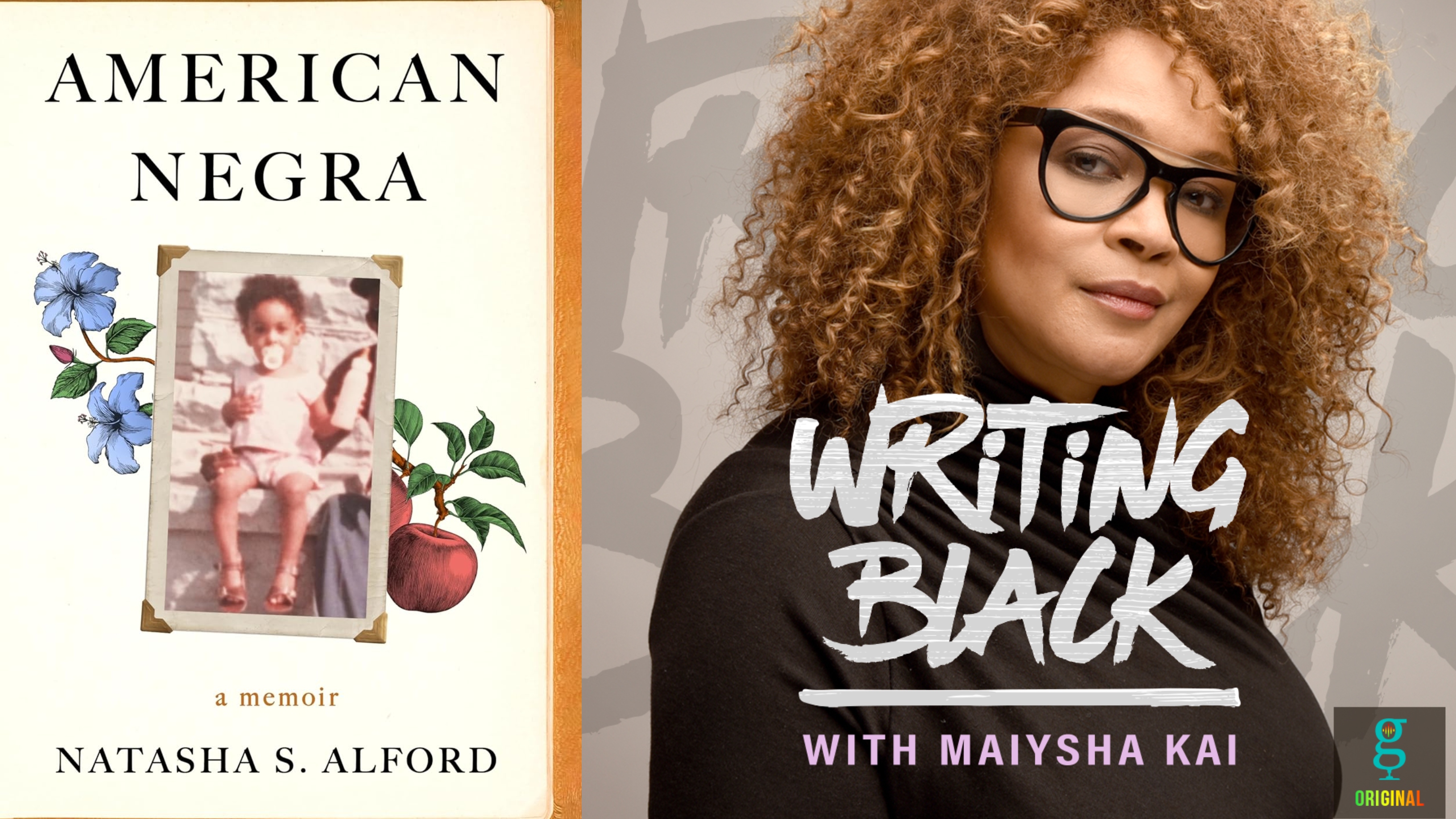Trained journalists have traditionally been instructed never to be part of the stories they are reporting. However, in a country where identity has always been scrutinized and often weaponized, it requires extreme cognitive dissonance for a journalist who sits at an intersection of identities — Black, Latinx, female and grappling with chronic illness — to remain detached and disaffected. One might even consider it an intricate act of self-denial.
“I think I picked journalism because I was hiding a bit; I wanted to immerse myself in other people’s stories,” admits theGrio’s Natasha Alford on this week’s episode of the “Writing Black” podcast. “I wanted to be present, but not necessarily put myself out there. And journalism is a great way to do that because people see you asking the questions, and they see your byline, but they don’t necessarily know you.”
With her debut memoir, “American Negra” (HarperCollins), Alford immerses readers in a new story — her own. While many may know the Harvard and Northwestern School of Journalism-educated Alford as a political analyst for CNN and a senior correspondent here at theGrio, where she is also vice president of digital content, her route to becoming an acclaimed journalist included stops in finance, education and several hardscrabble local newsrooms before finally finding her niche in Black media at theGrio.
“[Black media has] literally been on the front lines of the Civil Rights Movement,” Alford explains. “It was African-American journalists who had to disguise themselves as preachers; they couldn’t be seen as journalists who were documenting the truth. … And in bringing that truth to the world, it put pressure on American society to say ‘we are not living up to the ideals that we say we believe in.’”
However, the black-and-white worldview that often defines American politics also prevents many of us from recognizing the myriad nuances of Black…
Read the full article here



